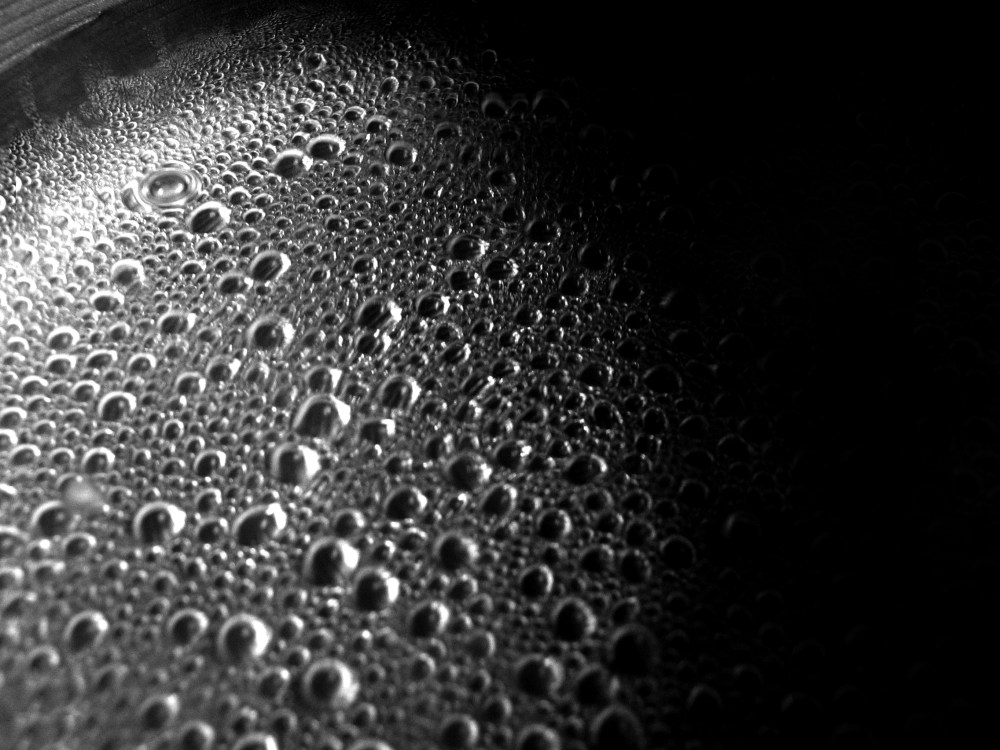FAQ: Winnipeg’s boil-water advisory
Advertisement
Read this article for free:
or
Already have an account? Log in here »
To continue reading, please subscribe:
Monthly Digital Subscription
$0 for the first 4 weeks*
- Enjoy unlimited reading on winnipegfreepress.com
- Read the E-Edition, our digital replica newspaper
- Access News Break, our award-winning app
- Play interactive puzzles
*No charge for 4 weeks then price increases to the regular rate of $19.95 plus GST every four weeks. Offer available to new and qualified returning subscribers only. Cancel any time.
Monthly Digital Subscription
$4.99/week*
- Enjoy unlimited reading on winnipegfreepress.com
- Read the E-Edition, our digital replica newspaper
- Access News Break, our award-winning app
- Play interactive puzzles
*Billed as $19.95 plus GST every four weeks. Cancel any time.
To continue reading, please subscribe:
Add Free Press access to your Brandon Sun subscription for only an additional
$1 for the first 4 weeks*
*Your next subscription payment will increase by $1.00 and you will be charged $16.99 plus GST for four weeks. After four weeks, your payment will increase to $23.99 plus GST every four weeks.
Read unlimited articles for free today:
or
Already have an account? Log in here »
Hey there, time traveller!
This article was published 28/01/2015 (3992 days ago), so information in it may no longer be current.
What’s the problem?
What are coliform bacteria?
Coliform bacteria are microscopic organisms found in soil, water and in the feces of birds and mammals. While they don’t all cause illnesses in people, their presence is considered an indicator of the presence of harmful pathogens such as other bacteria, viruses and protozoa.
Since the presence of coliform bacteria in drinking water suggests fecal contamination, its presence may result in boil-water advisories.

What about E. coli?
One type of coliform bacteria, E. coli, is almost exclusively found in feces. While most strains are harmless, some can cause serious illnesses in people. That said, boil-water advisories are actually issued to prevent illness from pathogens that aren’t as easily cultured in a lab. Again, the coliforms are an indicator of the presence of other bad stuff.
What is the acceptable coliform count in drinking water?
According to Health Canada guidelines, the maximum acceptable concentration is no detectable amount per 100 millilitres.
Why wasn’t the boil-water advisory lifted on Wednesday, when the coliform counts were zero?
According to Health Canada, “a boil-water advisory should be rescinded only after a minimum of two consecutive sets of samples, collected 24 hours apart, show negative results that demonstrate full system-wide integrity.”
What do I need to do?
How do I need to boil the water? Fill a pot with water from the cold-water tap. Heat it until bubbles come from the bottom of the pot to the top. Once the water reaches a rolling boil, let it boil for one minute (kettles with an automatic shutoff feature may not boil for a full minute).
Safety tips: After boiling, turn off the heat source and let the water cool. Pour the water into a clean container with a cover. Avoid burning injuries from hot water, keep children away from it and place kettles and pots away from the counter and stove edges when in use.
Preparing food and beverages? Use boiled or bottled water to drink, wash fruits and vegetables, prepare beverages and wash food-prep surfaces. Use ice made with boiled or bottled water.
Preparing baby formula? Prepare baby formula from powder or concentrate with boiled or bottled water, or use readyto- use baby formula. Wash and sterilize bottles and nipples before use. If you can’t sterilize bottles, try to use singleserve, ready-to-feed bottles.
What about water filters?: Most kitchen and other household filters typically do not remove bacteria or viruses. Boil tap water even if it’s filtered.
What about handwashing? You can use tap water for washing hands. Rub all parts of the hand with soap and water for at least 20 seconds.
How about brushing my teeth? Use boiled water that has cooled or bottled water to brush teeth or clean dentures or retainers.
Bathing and showering? Adults and children able to avoid swallowing water can wash, bathe or shower using tap water. Young children should be sponge bathed, using water that has been boiled and cooled to a safe temperature. If boiling is not feasible, use bottled water.
What about other household water uses? During a drinking water-related advisory, there’s no need to boil tap water for laundry, washing dishes or flushing toilets.
What about my pets? Give them boiled water that has been cooled, or bottled water.




.jpg?w=100)
